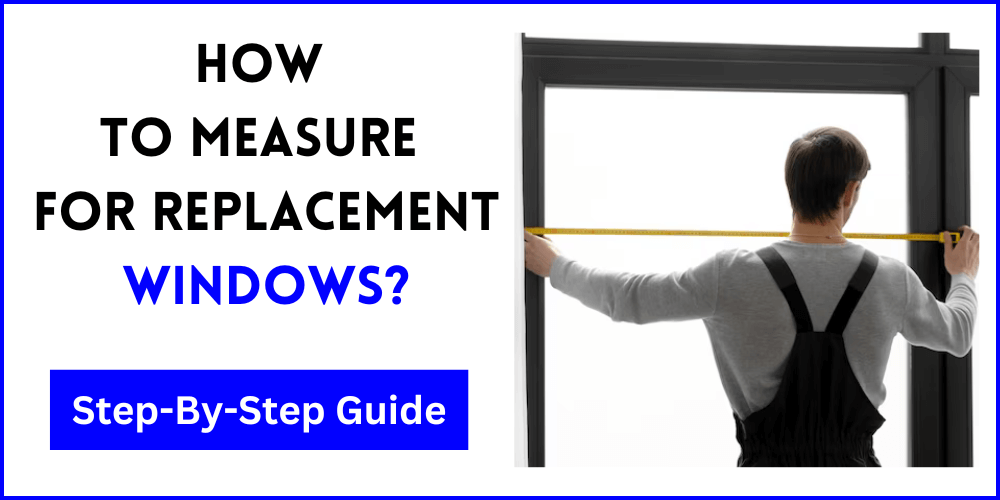
House windows play a crucial role in the comfort and energy efficiency of your living space; they are more than just utilitarian pieces. Nevertheless, have you ever questioned how long do home windows last? To assist you in making wise selections about your windows, we’ll examine the variables affecting window longevity in this comprehensive guide and address frequently asked issues. Let’s explore the realm of window durability.
How Long Do Home Windows Last?
The lifespan of home windows can vary significantly based on several crucial factors. Let’s delve into these factors that influence how long your windows will serve you.
1. Material Selection
The type of material used to construct your windows has a big impact on how long they last. The lifespans of common window materials are broken down as follows.
Vinyl windows are renowned for their longevity and ease of upkeep. Vinyl windows typically have a lifespan of 20 to 40 years or longer, depending on the quality of the construction and installation. Wooden windows have a timeless appearance but need more upkeep.
Wood windows can survive 30 to 50 years or more with proper maintenance. Windows made of aluminum are sturdy and rot- and rust-resistant. They frequently live for 20 to 30 years. Fiberglass is one of the most durable materials available, with a lifespan of 30 to 50 years or more.
2. Quality of Installation
Even the highest-quality windows won’t reach their expected lifespan if installed incorrectly. Improper installation can lead to issues like air leaks, water infiltration, and premature wear and tear. To maximize your windows’ lifespan, hire experienced professionals for installation.
3. Maintenance and Care
Regular maintenance can significantly extend the life of your windows. Simple tasks like cleaning, lubricating hardware, inspecting seals, and weatherstripping can prevent problems and ensure your windows last as long as possible.
4. Environmental Factors
Your geographical location and local climate can impact window longevity. Extreme weather conditions, exposure to sunlight, and high humidity levels can accelerate wear and tear. Choose windows that are suitable for your climate to maximize their lifespan.
5. Seal Integrity
The seals around your windows play a critical role in their energy efficiency and lifespan. Over time, these seals can degrade, leading to drafts and energy loss. If you notice condensation between the glass panes or drafts around the window frame, it’s a sign that the seals may need attention.
What is the Typical Lifespan of Different Window Materials?
- Vinyl Windows: 20 to 40 years or more
- Wood Windows: 30 to 50 years or longer (with proper maintenance)
- Aluminum Windows: 20 to 30 years
- Fiberglass Windows: 30 to 50 years or more
- Composite Windows: 30 to 50 years (depending on quality)
How Can I Tell if My Windows Need Replacement?
Signs that your windows may need replacement include:
- Drafts or air leaks
- Condensation between the glass panes
- Difficulty opening or closing windows
- Visible damage or decay
- Increased energy bills
Do Energy-Efficient Windows Last Longer?
Energy-efficient windows often have a longer lifespan because they are designed with high-quality materials and seals. They also provide better insulation, reducing the stress on the window components.
Conclusion:
The lifespan of your home windows depends on various factors, including the window material, installation quality, maintenance, environmental conditions, and seal integrity. By choosing the right windows, maintaining them diligently, and addressing any issues promptly, you can ensure how long do home windows last, providing comfort and energy efficiency for your home. Remember, well-cared-for windows not only save you money in the long run but also enhance the overall appeal and value of your home.
Check Out This:



